”In any moment of decision,
the best thing you can do is the right thing, the next best thing is the wrong thing,
and the worst thing you can do is nothing“

- Meaning
- This phrase encourages decisiveness and action. It suggests that making a decision, even if it's not the perfect one, is better than inaction. Inaction is seen as the worst option because it leads to stagnation and potentially missed opportunities. The phrase reinforces the idea that progress often requires taking risks and making choices, even if they might occasionally lead to mistakes.
- Allegory
- This image uses various symbols to convey the core message of the phrase. The leader at the crossroads represents the moment of decision, with one foot forward symbolizing the act of making a choice. The paths symbolize the right action, wrong action, and inaction. The vibrant light and shadows illustrate the outcomes and risks associated with each path, emphasizing that action, even flawed, is preferable to stagnation. The eagle symbolizes courage, essential for making bold decisions, while the oak tree symbolizes wisdom, grounding the act of decision-making in thoughtful consideration. The expansive sky suggests limitless opportunities and the broad scope of choices available in life. Together, these elements create a balanced and inspiring visualization of the importance of taking action in decision-making.
- Applicability
- The phrase can be applied in many areas of personal life and professional situations. For instance, in business, leaders often face pressure to make timely decisions; knowing that inaction can be more detrimental than a less-than-perfect decision can help overcome analysis paralysis. Similarly, in personal development, taking action—even if flawed—helps build experience and confidence, guiding individuals toward their goals.
- Impact
- This phrase has had a significant impact on leadership principles and motivational speaking. It is frequently cited in discussions around management, self-improvement, and any context where decision-making is crucial. The quote inspires many to step out of their comfort zones and take decisive actions rather than being paralyzed by indecision.
- Historical Context
- This quote is attributed to Theodore Roosevelt, who was an influential figure in the early 20th century. He was known for his dynamic personality and leadership style, which emphasized proactive measures and decisiveness—a reflection of the historical context that valued strong, action-oriented leadership. Roosevelt's era was marked by rapid change and the American Progressive Movement, which aimed to tackle corruption and inefficiency.
- Criticisms
- Some criticisms of this phrase might come from those who argue that not all situations are suited for decisive action and that sometimes, more deliberative processes yield better results. Critics might point out that in highly complex scenarios, premature decisions can lead to significant negative consequences, and therefore, thoughtful consideration shouldn't be undervalued.
- Variations
- There may be variations of this concept in different cultures, emphasizing the value of action over inaction. For example, in Eastern philosophies like Confucianism or Buddhism, there might be an emphasis on balanced decision-making and mindfulness, suggesting that action should be guided by wisdom and consciousness. Different interpretations focus on the conditions under which actions should be taken, balancing wisdom and decisiveness.
-
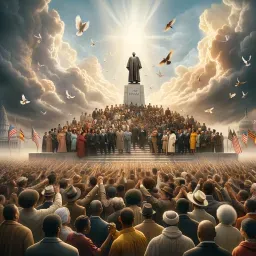
I have a dream that one day this nation will rise up and live out the true meaning of its creed: 'We hold these truths to be self-evident, that all men are created equal..
-

I have not yet begun to fight!
-
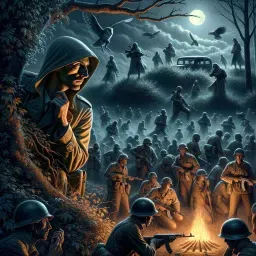
All warfare is based on deception.
-

Success is not final, failure is not fatal: It is the courage to continue that counts.
-
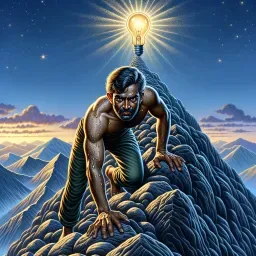
Genius is one percent inspiration, ninety-nine percent perspiration.
-
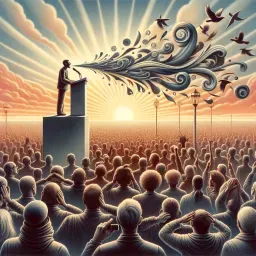
Freedom is the right to tell people what they do not want to hear.
-

Courage is not the absence of fear, but the triumph over it.
-
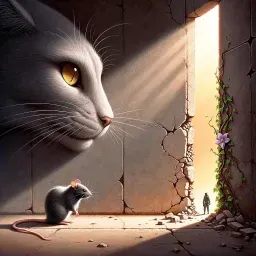
Even a cornered rat will bite a cat.
-

That government is best which governs least.
-
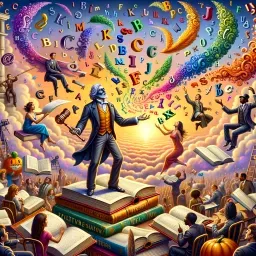
I don't give a damn for a man that can only spell a word one way.
-
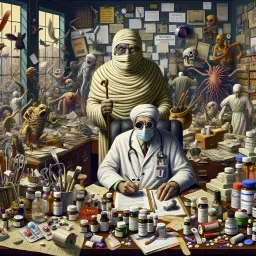
Politics is the art of looking for trouble, finding it everywhere, diagnosing it incorrectly, and applying the wrong remedies.
-
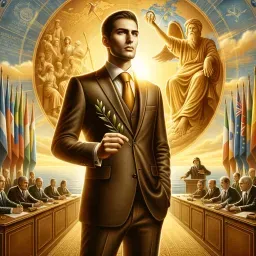
Speak softly and carry a big stick; you will go far.
No Comments